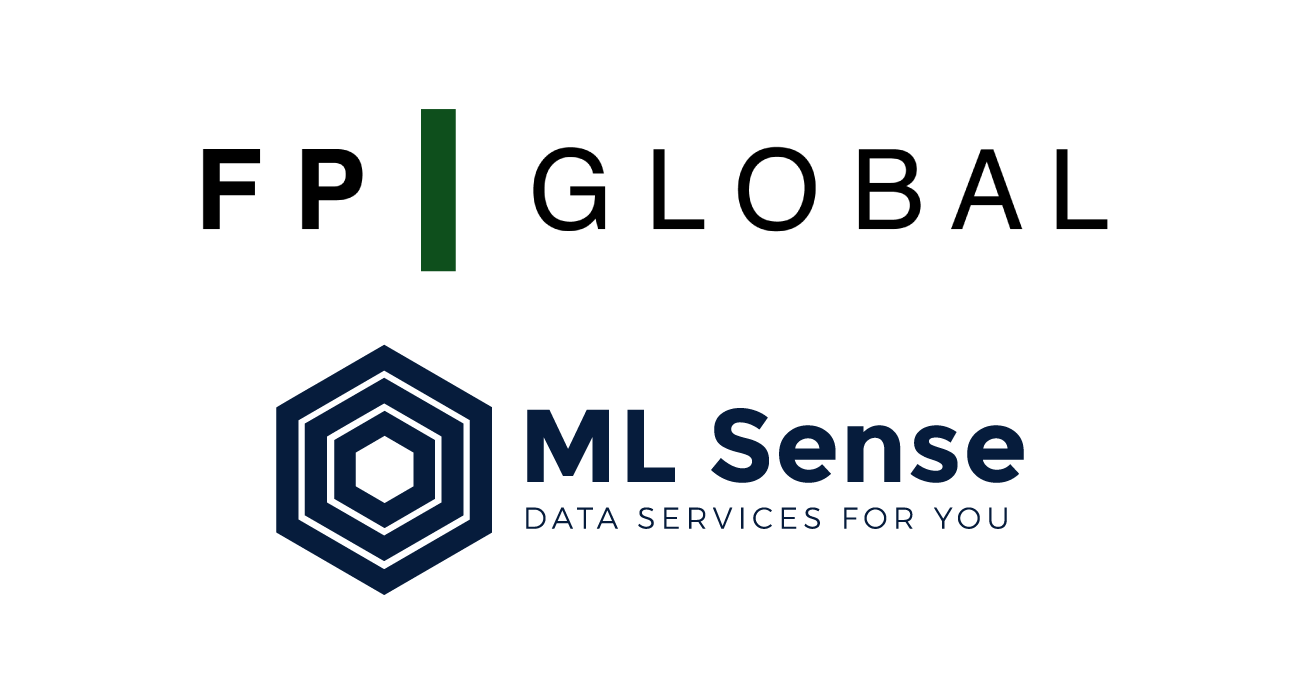Latest Insights
July 23, 2019
What attributes do clients look out for the most? Why is it okay to “screw things up” and experience rejection continually? Are recruiters just merely sales-driven middlemen that are transactional? Find out what makes Lyn look forward to work everyday, what her definition of “work” is, and what makes one stand out as an all-star recruitment consultant!
1. Tell us more about yourself. Did you ever expect yourself to be a recruitment consultant?
I definitely did not expect myself to be a recruitment consultant! In fact, I can say that I’m probably the last person that one would consider cut out for this role as I am clearly not the ‘sales’ type of personality. Six years ago, I entered the recruitment industry doing recruitment telesales while taking part-time courses. My daily tasks basically consisted of flipping Yellow Pages and doing cold-calling, so it turned out to be very good training. Now the scope has changed.
2. Describe your typical work day as a consultant.
My typical work day actually starts from the night before, where I start planning and consolidating what to work on the next day. Usually, I would spend the first hour in the office, I am going through my task list for the day. I set aside a short amount of time to respond to those that need my urgent attention and also to clear any miscellaneous matters.
I would then spend the next few hours or so (the golden window – or what we call pour hour) on the phone to speak with both potential and existing candidates or clients. Just before lunchtime, I would spend some time to finish up some administrative and follow-up work such as responding to emails and messages.
After lunch, I would spend around a few hours on the phone again checking in on some clients, if there are no external appointments. Towards the last 1 – 2 hours of the day, I might attend some internal meetings (if any) or spend the time finishing up some administrative work, consolidate and reflect on the day’s events, or start planning for the next day.
3. Have you ever been fearful on the job?
Honestly, although recruitment can be intimidating, I don’t think it was as” scary” as I thought! After all, we are providing a service to both our candidates and our clients, which I think is very meaningful. However, at times, because we are not dealing with inanimate products, there will definitely be challenges as our “product” has feelings and strong feelings when it comes to their job placements. So, there are definitely unforeseen crisis situations which I find myself, mostly in expectation management, which sometimes makes me quite nervous to have to think on my feet or exercise empathy while still standing my ground. Other than that, I think the job is constantly dynamic and I’m privileged to learn something new every day!
4. Considering all the candidates you’ve met thus far, what personal attributes do you think clients look out for?
Assuming everything else being equal, having strong technical and domain knowledge would still be the main consideration for most clients. However, other attributes such as personality, character and soft skills are increasingly important, and can also make or break a candidate’s eligibility.
Some of those attributes are simply about how well-prepared they are for the job interview and how they present themselves. For example, clients can sense sincerity and how truthful they are to themselves, a level of confidence (but not to the extent of being boastful), good learning attitude, and most importantly – ability to use their common sense to respond to a variety of situations!
To elaborate, I often see candidates making the common mistake of thinking and acting like they know everything based on their limited experiences. On one hand, it is good to have that sense of confidence, but sometimes it is perfectly alright to admit if a question is out of their scope of understanding, and this will show the client that they are teachable and quick to learn and see things from a different angle.
The truth is, regardless of how many years of experience we have in the industry and life, we will never fully comprehend a situation. There will always be new and upcoming solutions to existing problems, and each has to be dealt with differently. As the old adage goes: “If all you have is a hammer, everything looks like a nail.”
5. Considering all the clients you’ve met thus far, what do you think draws a candidate to accepting an offered role?
Generally, the factors that draw a candidate into accepting an offered role would be the opportunity for him or her to broaden his/ her comfort zone, with an appropriate remuneration package. For example, there is an increasing emphasis on growth, learning, exposure, and being able to make a difference amongst millennials candidates.
That said, the factors are subjective, depending on the needs of each individual candidate and the season in life that they are in – such as mid-career switchers who may value better work-life balance or financial stability as compared to fresh graduates.
6. What’s the best part of your current position?
I don’t mean to sound arrogant in saying this, but honestly, the best part of my role is being able to be in control of who I want to work with!
It is empowering to have the liberty to decide which clients or candidates I want to work with. For example, if I see a company treating its employees as commodities, or if they have the perception that recruiters are just money-suckers without regard for the value-add that we bring, I choose not to work with those clients. Similarly, when I encounter a candidate who does not have the right attitude, mindset or character, I have the freedom to decline and instead choose to spend my efforts on others that have the potential.
I am grateful for that autonomy, flexibility and dynamism, which is not present in most other industries that are more rigid in their offerings and processes. Of course, I’m grateful to the dream team at FP Asia and Ayyaz for setting a culture that is so empowering as well!
My greatest satisfaction in my current position comes from helping those clients and candidates who truly appreciate my assistance and role as a recruiter and see me beyond a match-maker to a consultant.
7. What was the biggest challenge you faced when you were on the job? Are there any kind of unique challenges?
It is quite sad but the biggest challenge that I faced working as a recruitment consultant is the negative image others have towards this profession We are sometimes seen as just money-minded and sales-driven middlemen that don’t add value.
I can understand that stigma, based on the negative experiences that some of our candidates and clients have been through! Recruitment consultancy is a cut-throat industry and it may have earned its bad name by recruiters who are not professional and often undercut in order to close deals.
That said, at the end of the day, a recruitment consultant is ultimately doing a sales job. We would still have to take into consideration the company’s bottom line.
At FP Asia, I’m grateful that we emphasize on going beyond the transaction to greater value-creation through our ecosystem. The sigma is a reality that I have to deal with consistently – keeping the bottom-lines while also staying balanced as a professional.
Another reason is because the funds industry is quite niche, it is not uncommon that Company A and Company B are both our clients, and are trying to hire similar candidates. When scouting for talent, I have to make tough decisions and dilemmas in where to place them, and there is the challenge of not appearing biased to either party and to be completely impartial.
8. Is there time for life outside of work?
Yes, definitely.
It is really important to understand what we define as “work”. I don’t see work just as when we enter the office – I see work as part of living my life too, and it can be meaningful! Each of us is given 24 hours a day, and if we treat work as an exchange of time solely for money, then we are wasting our time because time is so precious – and it is something that money can never buy!
Therefore, work should be seen as an exchange of time for money and for accumulation of knowledge and experiences that we can build on top of every stage of our life.
I personally believe that we need to do something productive and meaningful every day to keep us moving. Why not treat work as an opportunity to keep learning, be exposed, and an opportunity to appreciate life?
Hence, for myself, there is no separation of time “inside” and “outside” work in my dictionary!
9. What advice would you give to someone who wishes to be a consultant?
If one wishes to be a consultant, one has to be prepared to do additional reading during free time (aka “time outside work”) to better understand the industry. That is on top of what you can learn on-the-ground and from mentors. I think this is crucial but an underrated activity – without a proper understanding of the industry and the various sectors, it is difficult to stand out and value-add to your candidates to secure the right opportunity.
In addition, be prepared to screw things up as well! When I first started in this industry, I made many mistakes. I guess that was how I got here in the first place because they were my stepping stones and the best teacher is through experience!
Other than embracing mistakes, one needs to have the right mindset to accept rejections, and to have the stamina to go through the roller coaster of the sales cycle – knowing that a deal can fall through anytime!
Finally, one needs to have the discipline to follow through, to have proper time management, and be able to stay focused!
Like all endeavours of life, the initial stages require extra effort, time and patience as there is definitely the inertia involved!
To those who wish to be a consultant, go for it! That is the best way to know for yourself if it is a career path for you!
Share This Article
Articles You May Like














